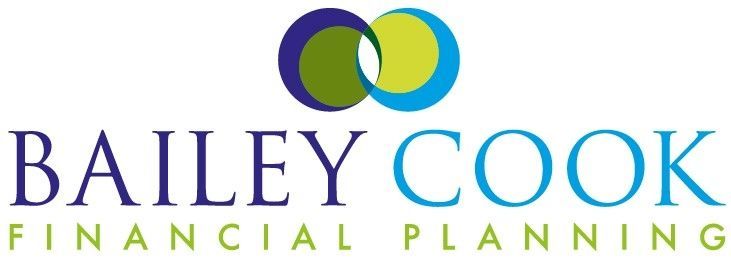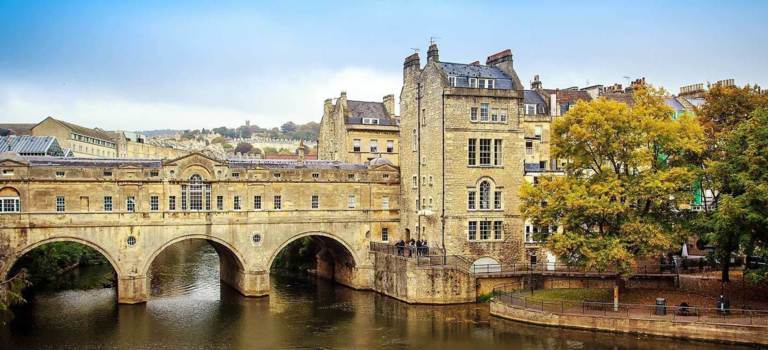News

Much ado about nothing
Monday 11th March 2024
Our title is a slight exaggeration but the build up to the Budget in the media was relentless. In the end the constraints of the Office of Budget Responsibility (OBR) did what it should, telling the Chancellor of the Exchequer that he had no room for big giveaways, if he intended to keep to his own rules. To his credit, Chancellor Hunt took it seriously and gave little away.
What a contrast to his predecessor Kwasi Kwarteng under his and Liz Truss’s disastrous September 2022 Budget where the OBR had not been asked to provide analysis of the measures announced, and we all know how that ended. A lesson learnt not only for the current Chancellor, but for future ones as well.
Brewin Dolphin provided a good bulletin on the detail - click here to read.
What do we think?
The reduction in National Insurance of 2% helps those at work rather than the retired who don’t pay National Insurance but have had the “triple lock” increases to State Pension, so no need for any Budget help. The “triple lock” is a commitment to increase State Pensions by whichever is highest of average earnings growth, CPI inflation, or 2.5%. The increase in State Pension highlights the “triple lock” working in practice as this year’s increase was 10.1% due to the inflation element and from April 2024 will increase by 8.5% due to the earnings link taking the new State Pension amount to £11,541 pa.
Of course the people who have lost out are those who have retired before state pension age, but no joy for you, they want you back at work, please stop enjoying your early retired leisure!
The increase to £60,000 before child benefit starts to be removed is welcome and where clients are affected pension contributions are recommended to not only achieve 40% tax relief against higher rate tax, but also to retain child benefit, so an added incentive. It highlights though the UK’s tight financial position, as you have the anomaly of increasing the child benefit limit to £60,000, at little Treasury cost, whilst the higher rate tax threshold stays static at £50,270, when including the personal allowance of £12,570, that hasn’t changed, and indeed won’t do until 2028.
Whilst in the big picture it is minor, the biggest disappointment we found was the rumoured removal of the penalty on a Lifetime ISA (LISA), when not used for house purchase or pension, turned out to be false. A LISA can be opened by anyone aged between 18 and 39. You can use it to save up to £4,000 a year, towards either a first home costing up to £450,000 or for retirement, and the state adds a bonus of up to £1,000 a year on top. The problem lies that if not used for the intended purpose not only do they take back the £1,000 (for the maximum bonus for £4,000 saved) but an additional 25%, so £250. If there was no additional penalty what a great way to encourage every young adult to save, and help aid towards the shocking lack of financial education our youngsters receive. Even so every 18 year old should open a LISA even if for £1 and so is in place, if appropriate, to add contributions to buy their first home, as a LISA must be held for a year to qualify for the additional boost.
Whilst disappointing on the LISA the additional ISA allowance of £5,000 is good news to encourage investment into UK Companies and there has been much talk of how directing funds to be invested into the UK can be achieved. Likewise the launch of the British Savings Bond from National Savings may look attractive with details to follow. With a large number of 1 year Fixed Rate Bonds NS&I launched last year, there is currently no offer from NS&I of an attractive alternative Fixed Rate Bond. As accounts mature this year, what will be their offering and the new Bonds may prove attractive as the choice for reinvestment.
We leave you on the Budget with the thought that as allowances remain static, whilst State Pensions and interest amounts increase, how will HMRC try and deal with the large numbers of people who may now fall into paying tax without realising it!
Markets
After a strong end to 2023, we were pleased that markets stabilised in January and since then have pushed on upwards. Much has been mentioned of the “Goldilocks” scenario and soft landings having been achieved by the Central Banks.
Inflation is expected in the US and Europe to slow during 2024 and end the year close to central banks’ targets of 2%. That means central banks can reduce interest rates, possibly as early as June 2024, which should in turn boost economic growth, with positive implications and outlook.
The latest survey from the National Association for Business Economics (NABE) showed a sharply higher growth outlook from its last forecast for the US economy. In December last year, the NABE predicted that the US economy would grow just 1.3% in 2024. However, the consensus is now for the economy to grow by 2.2%, along with inflation continuing to fall and a healthy job market.
The improved growth projections stem from key sectors of the economy, such as consumer spending, business investment in structures and equipment, housing investment, and government spending all performing well. In addition, the NABE predicted that the Fed will start cutting its benchmark interest rate between April and June.
Here in the UK, inflation in shops slowed to its lowest level since early 2022, which we have all witnessed with discounts and sales offerings. The overall increase in shop prices was 2.5% in February year-on-year, representing the ninth straight month of decline, the British Retail Consortium (BRC) reported. Factors such as improved supply chain conditions, decreased costs for energy and fertilizers, and robust competition among retailers played significant roles, according to BRC. The media hype of the UK going into recession it has to be remembered was against the background that this is what the Bank of England have been trying to achieve and indeed if it remains the mildest of ones, will mean a job well done.
The negative is that it is possible we haven’t seen the true impact of higher interest rates yet and so a deeper recession take hold, but if so expect interest rates to fall faster than currently predicted. Equally though, we must acknowledge that both businesses and consumers have dealt with higher interest rates much better than expected, and as we look at it currently have achieved interest rate normalisation without the deep recession many feared it would lead to.
Normal markets require normalised interest rates, which is one real reason Central Banks are in no rush to return to the ultra-low-rate era. While inflation may be beaten, and economies have not crashed into the recession everyone predicted, Central Banks will be cautious as they do not want to reduce rates too much or too quickly and reintroduce the high inflation of the past two years.
We are optimistic about the investment opportunities we see ahead for 2024 and believe staying fully invested and well-balanced will be crucial for long term funds. In the meantime emergency and short term funds are benefiting from the current higher interest rates.
Final thought . . .
After such a terrible wet winter let us leave you with a quote from one of our favourite actors, Robin Williams:
Spring is nature's way of saying, 'Let's party!'.



